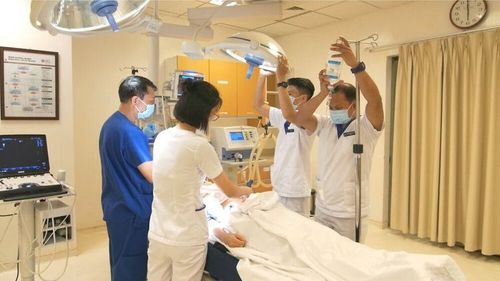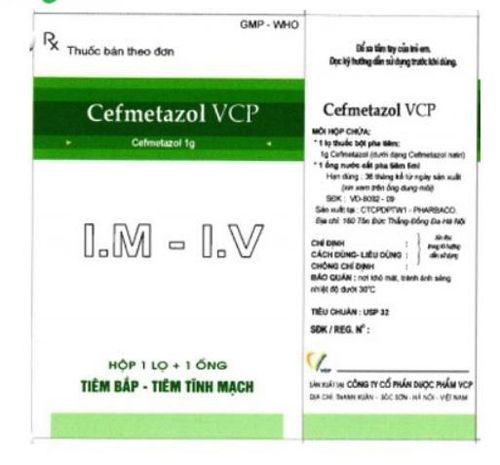Some cancer treatments can reduce the number of white blood cells in your blood (neutropenia). This means the body can’t fight infection as well as usual so any infection you get can become serious. It is important to know how to reduce your risk of infection and recognize the signs of infection.
How can I reduce the risk of infection?
Wash your hands with soap and water:
- Before eating or preparing meals
- After touching raw meat
- After going to the toilet
- After being in public places
Use alcohol-based hand rub if you can’t access soap and water.
Look after your body
- Brush your teeth after each meal and before bed (use a soft toothbrush and rinse with alcohol-free mouthwash)
- Have a shower or bath every day
- Keep your bottom area clean after going to the
toilet - Keep any cuts and scrapes clean
- Wear sunscreen to prevent sunburn.
Keep away from germs
- Keep away from people who have illnesses you can catch, e.g. cold, flu or chickenpox
- Try to stay away from crowds
- Avoid touching your eyes, nose and mouth
- Don’t share food, cups, utensils or personal items such as toothbrushes
- Wash or peel fruit and vegetables before you eat them
- Don’t eat raw fish, seafood, meat or eggs
- Cook meat well before you eat it
Important
Contact your doctor or nurse immediately if you have:
- A temperature of 38°C or higher
- Chills, sweats, shivers or shakes
- A headache or stiff neck
- A sore throat, cough or cold
- Shortness of breath
- Feeling of faintness, dizziness or fast heartbeat
- Sores in your mouth or a white coating on your tongue
- A rash or redness on your skin
- Swelling, redness or tenderness, especially around a wound, a catheter site, or your rectal area
- Uncontrolled diarrhea or vomiting
- Cloudy urine, pain or blood when you pass urine
If you can’t contact your doctor or nurse, go to the nearest hospital emergency department for help. Say that you are having cancer treatment. A high temperature while your white cells are low is called febrile neutropenia and needs urgent medical attention.

What else should I know?
Medicines
Ask your doctor, nurse or pharmacist before taking any medicines. Some medicines can hide the signs of infection. These include paracetamol, aspirin and ibuprofen.
Vaccinations
Ask your doctor, nurse or pharmacist before you have any vaccinations. Stay away from people who have recently received a live vaccine, such as chickenpox or MMR (measles, mumps and rubella) vaccine.
Pets and other animals
Animals can carry infections. Wash your hands after touching pets or other animals. If possible, don’t clean up poo from cats, dogs or other animals, or clean out fish tanks, bird cages or cat litter trays.
Gardening
Wear gloves and protective clothing for gardening and wash your hands well afterwards. Keep away from compost and potting mix because these can carry germs.
Building and renovations
Try to avoid dust from building sites or home renovations which can sometimes cause infection.
Swimming
Don’t swim in rivers, lakes or public pools or go in hot tubs.
Dental work
Talk to your doctor before having dental work done.
Family illness
If someone in your family gets ill, contact your doctor or nurse for advice.
Common questions
When can I get an infection?
The biggest risk of neutropenia and infection is 7-14 days after each chemotherapy treatment but you can get infections at any time.
How do infections happen?
Infections come from germs. There are different kinds of germs, e.g. bacteria, viruses and fungi.
Things to ask your doctor, nurse or pharmacist
- When should I call you?
- When should I take my temperature?
- How do I take my temperature?
Will I know if I have neutropenia?
You will have regular blood tests during your treatment to check your neutrophil levels. You can have neutropenia without knowing so you should always be careful.

| How can germs get into the body? | What should you do? |
| From the air when you breathe |
|
| Through your mouth when you eat, drink or touch your mouth with your hands |
|
| Into your blood through breaks in the skin |
|
Is there any treatment for neutropenia?
Some people with neutropenia get injections to help the body make more white cells to help fight infections. Your doctor will tell you if you need these injections.








